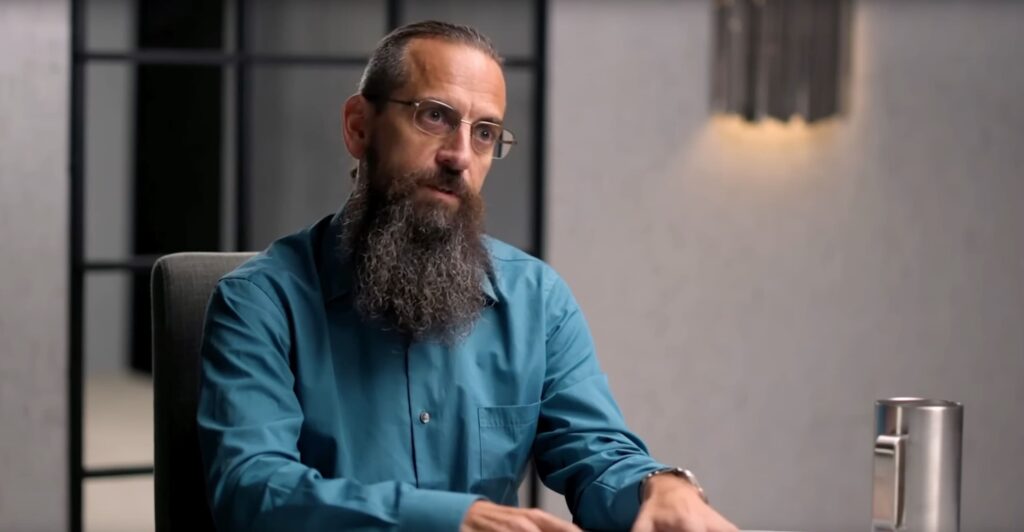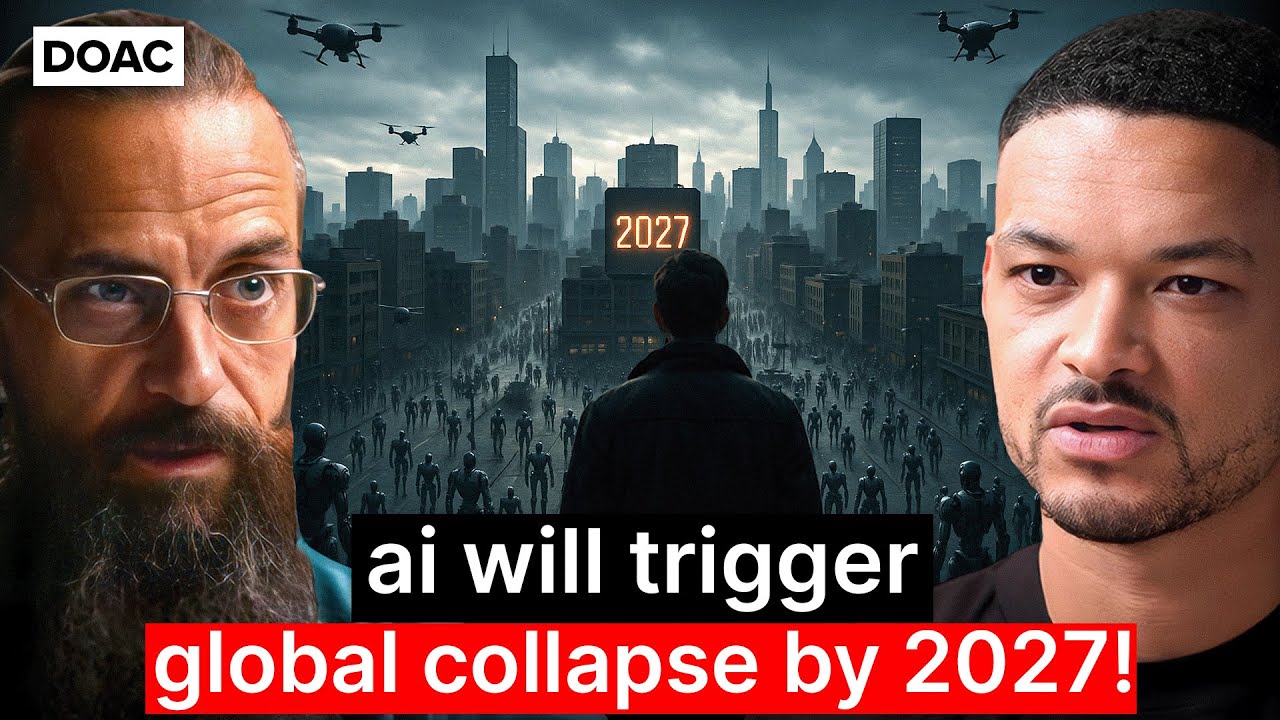The race for artificial intelligence is fueling exaggerated expectations and profound fears. While labs like OpenAI, Google, and Anthropic acknowledge that they barely understand how their most advanced models work, experts such as Roman Yampolskiy warn that humanity is on the brink of an unprecedented labor catastrophe.
In a recent interview on The Diary of a CEO, the researcher and professor at the University of Louisville was categorical: AI will eliminate up to 99% of jobs before 2030.
Two Opposing Views
Yampolskiy’s warning contrasts with Bill Gates‘s perspective, who recently identified three “AI-proof” areas: advanced programming, energy, and biology. For Microsoft’s co-founder, these professions will still require human intervention for the coming decades.
However, Yampolskiy doesn’t share this optimism.
“AI is already better at designing prompts than humans. What seems safe today will disappear tomorrow,” he stated.
Comparison: Which Jobs Will Survive AI?
| Perspective | Roman Yampolskiy | Bill Gates |
|---|---|---|
| Computer-based jobs | Totally automated within the next 5 years | Partially impacted, with niches that will endure |
| Physical jobs | Replaced in 5 years by humanoid robots | Many will survive, especially complex tasks |
| Resilient professions | None: “no Plan B” | Advanced programmers, energy experts, biologists |
| Time horizon | 99% unemployment before 2030 | Gradual transformation with new opportunities |
The End of Retraining
For decades, the solution to automation was simple: reskill. But according to Yampolskiy, this approach no longer works.
“We used to say: this job will disappear, learn another. Now, no. All jobs will be automated. Retraining is not a viable option,” he warned.
From Unemployment to Existential Risk
Beyond the labor market, the expert points out that superintelligent AI could be more dangerous than nuclear weapons. In his book Considerations on the AI Endgame, he describes scenarios where AI could release lab-designed viruses, control critical infrastructure, or even trigger a global collapse as early as 2027.
Raising Awareness Before It’s Too Late
Nevertheless, Yampolskiy emphasizes that there is still time to act. The key, he says, is to raise awareness among developers and funders of these technologies:
“If the creators themselves understand that the outcome will be negative for them too, they’ll stop advancing in that direction. It’s not just about the 8 billion people being experimented on without permission, but also about the survival of the current technological leaders,”
Who Is Right?
The clash between Gates and Yampolskiy reflects the radical uncertainty surrounding the future of work. Some view AI as a boost for productivity and new jobs; others see it as a whirlwind that will raze everything. The truth likely lies somewhere in between.
What’s clear is that the next decade will test the ability of governments, companies, and individuals to adapt to a change that is not only economic but also social and cultural.
Frequently Asked Questions
1. Who is Roman Yampolskiy?
A professor at the University of Louisville and one of the pioneers in AI safety. He has published over 100 works on artificial intelligence risks.
2. How does his view differ from Bill Gates?
While Gates believes some professions will remain necessary, Yampolskiy asserts that nothing is safe from automation.
3. What about retraining?
Yampolskiy thinks it’s no longer a viable option because all jobs will eventually be automated.
4. What can be done to avoid the worst-case scenarios?
Promote awareness among governments, businesses, and developers, and implement control mechanisms that prioritize safety and ethics over immediate gains.


